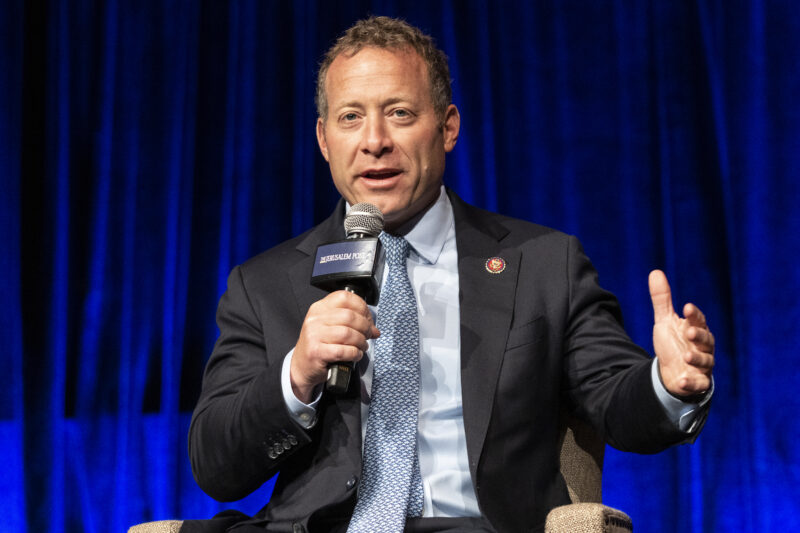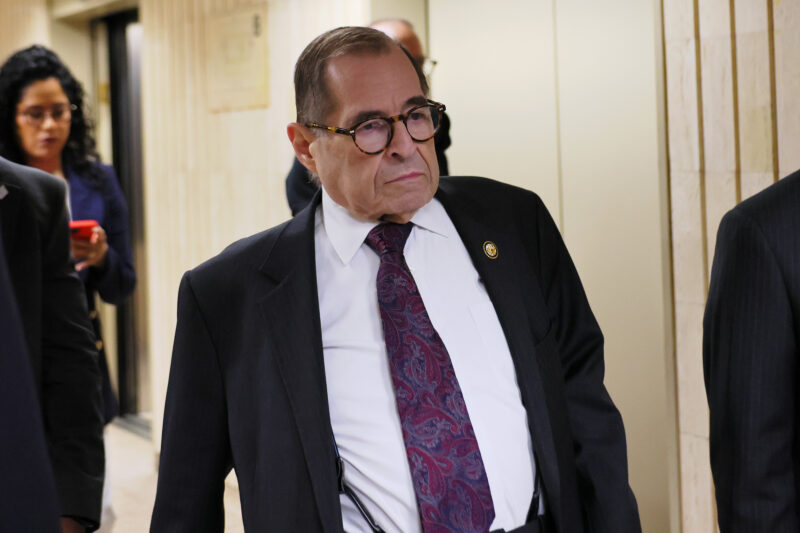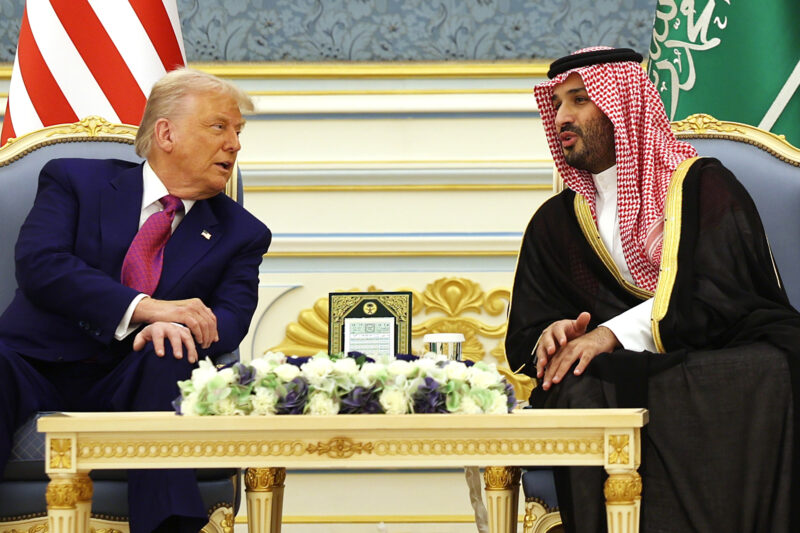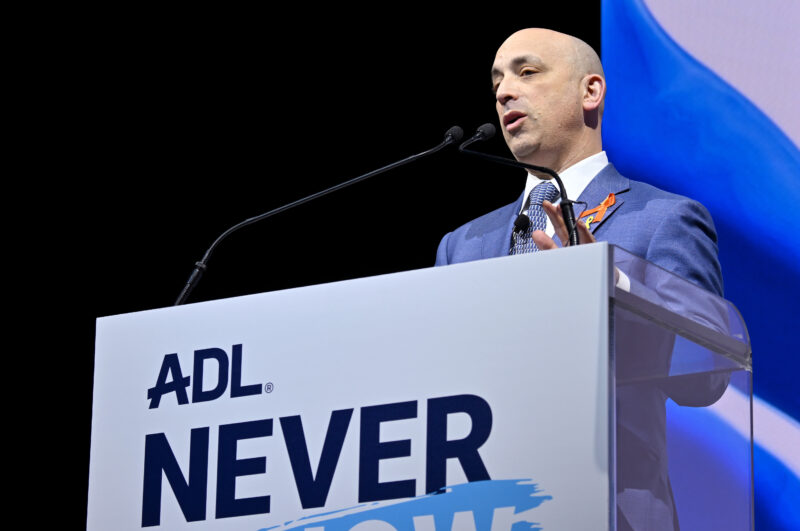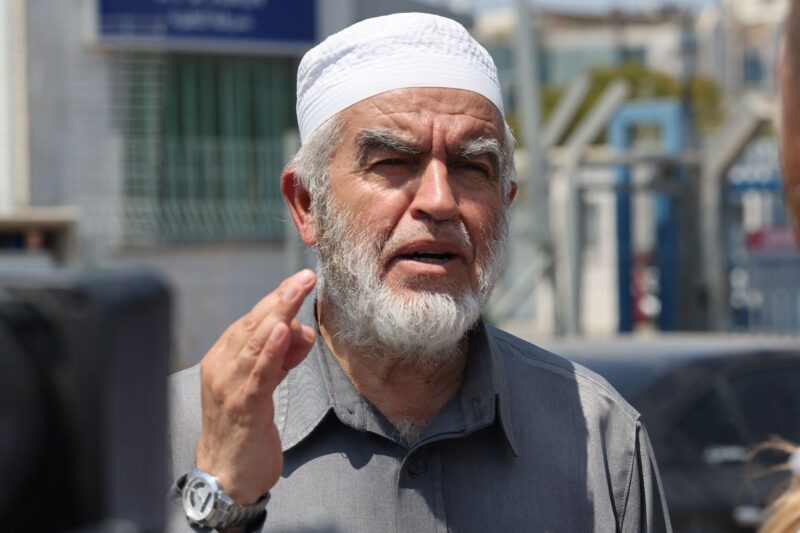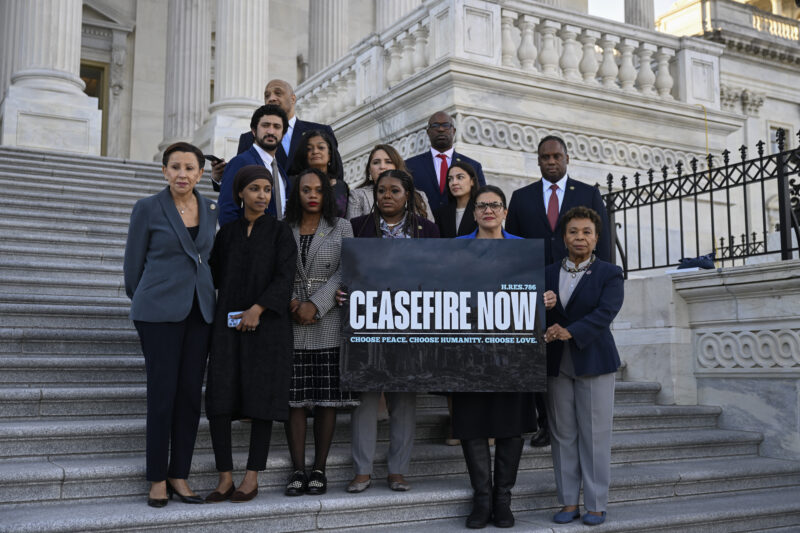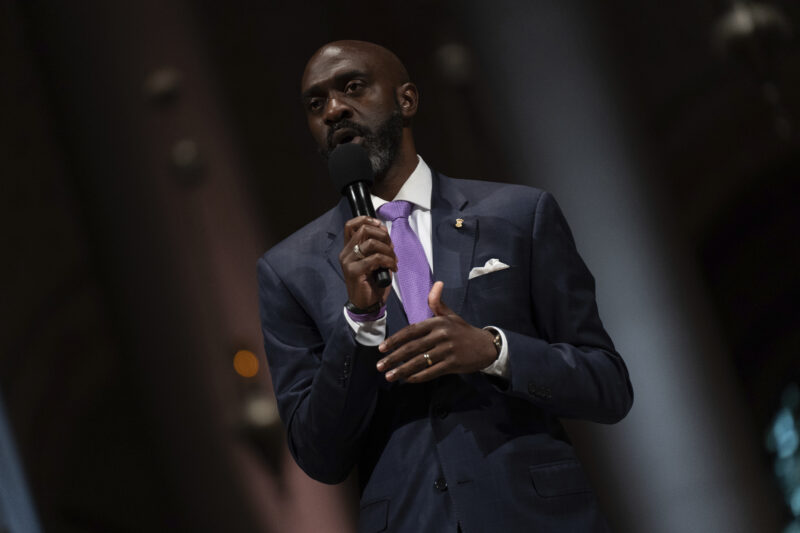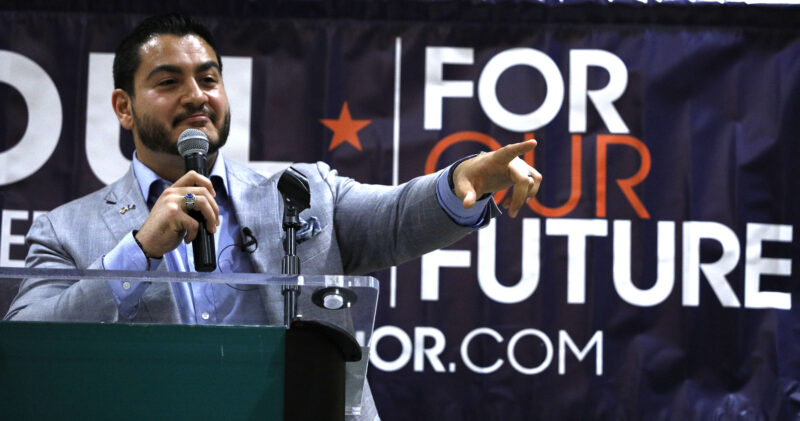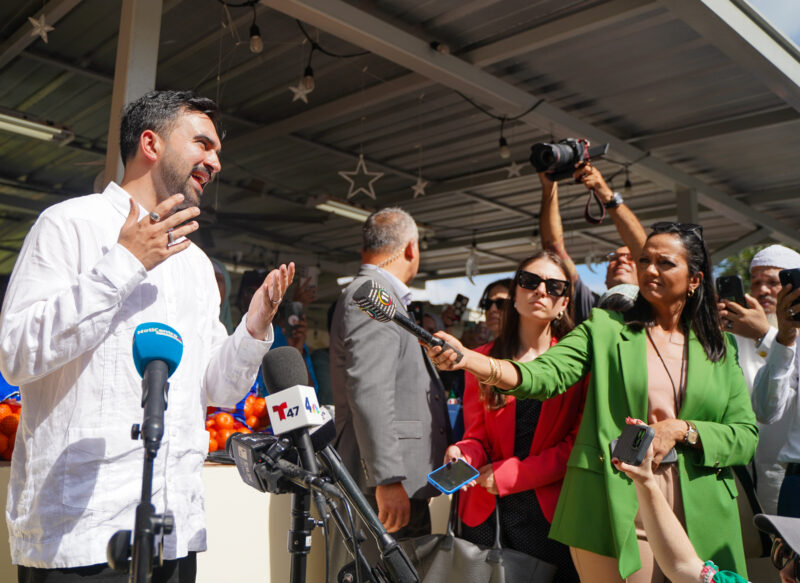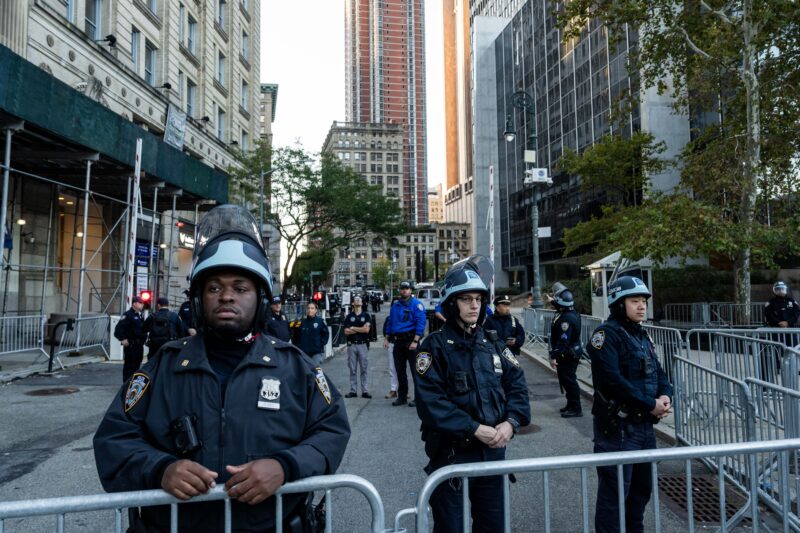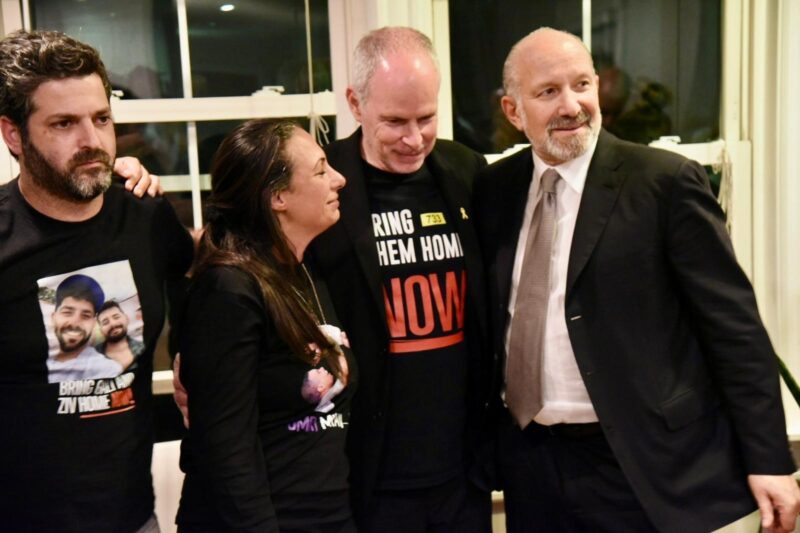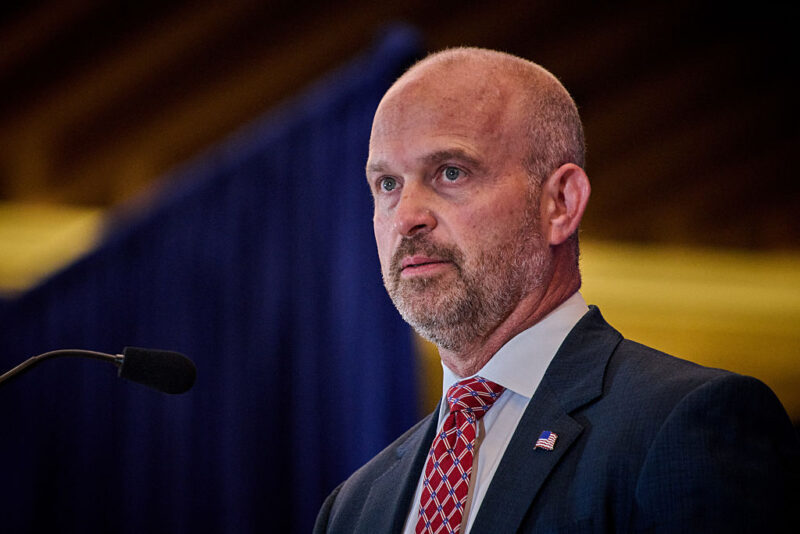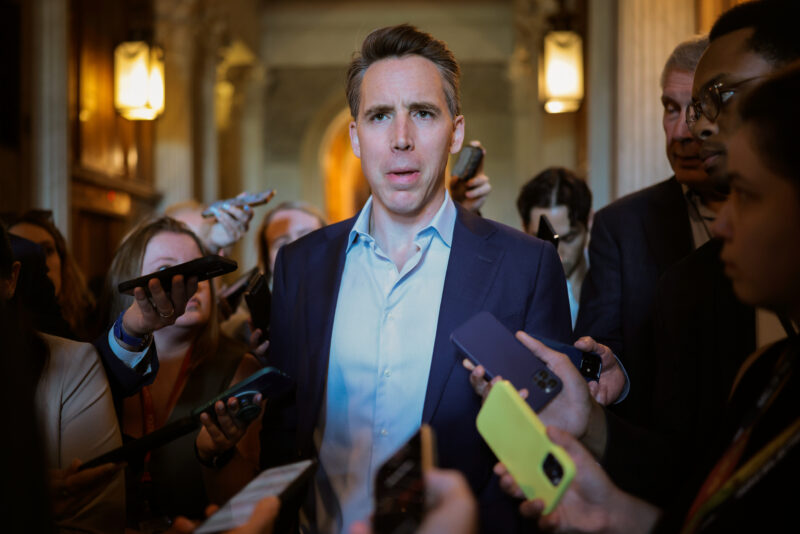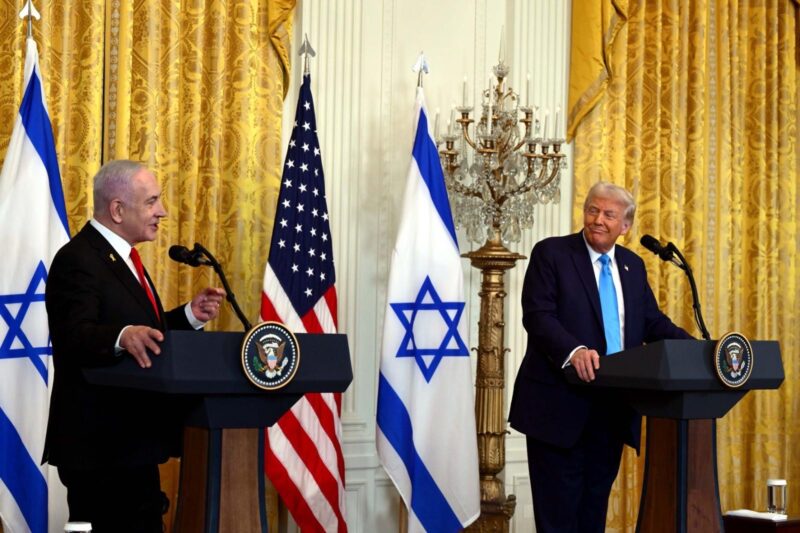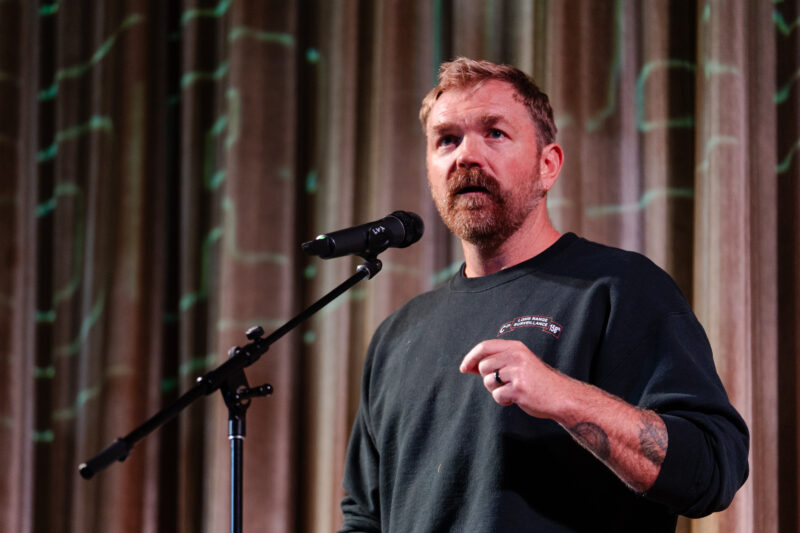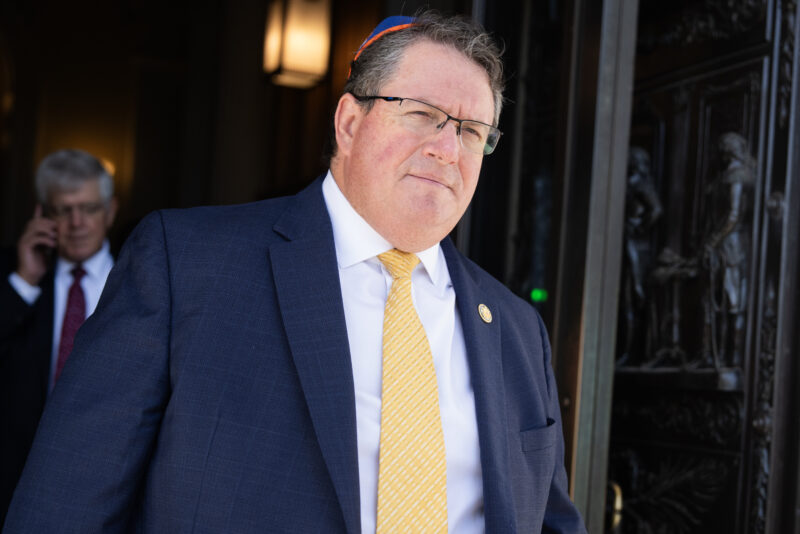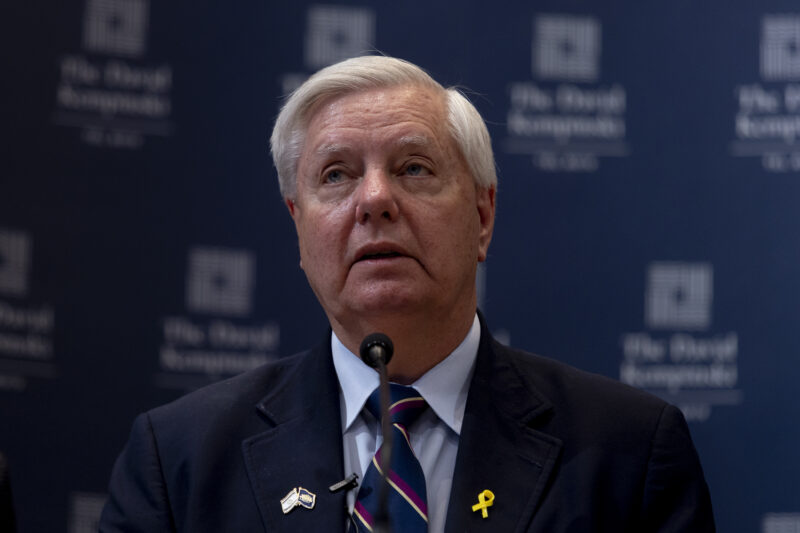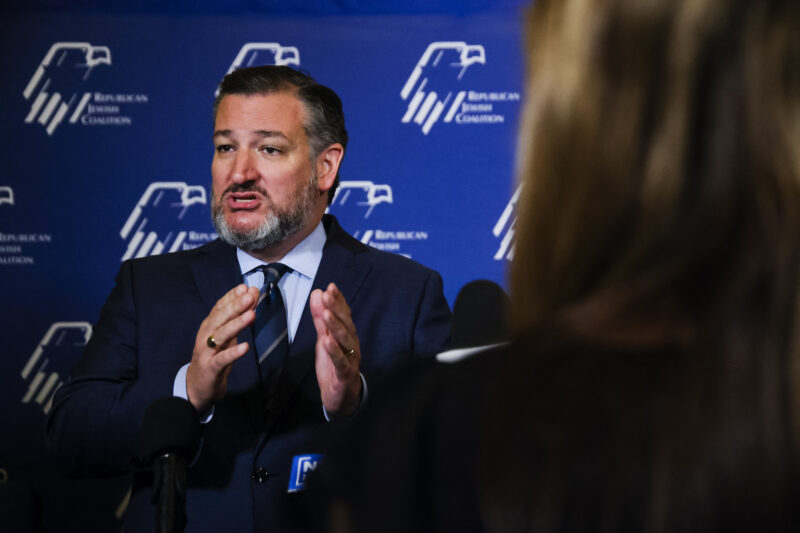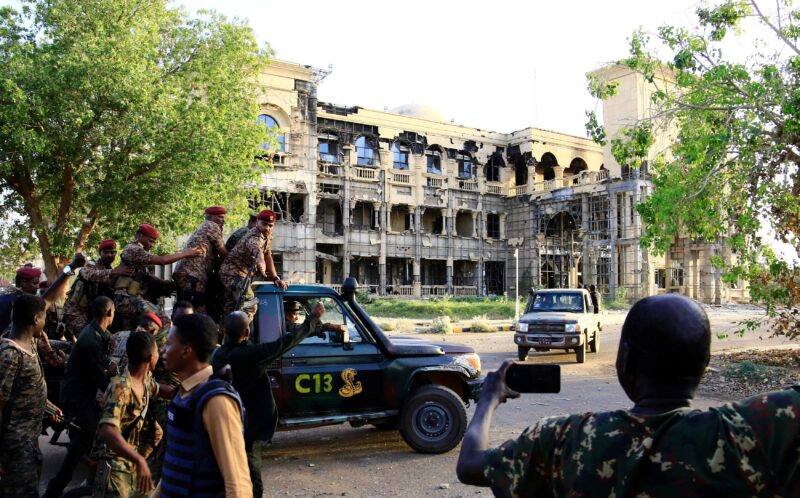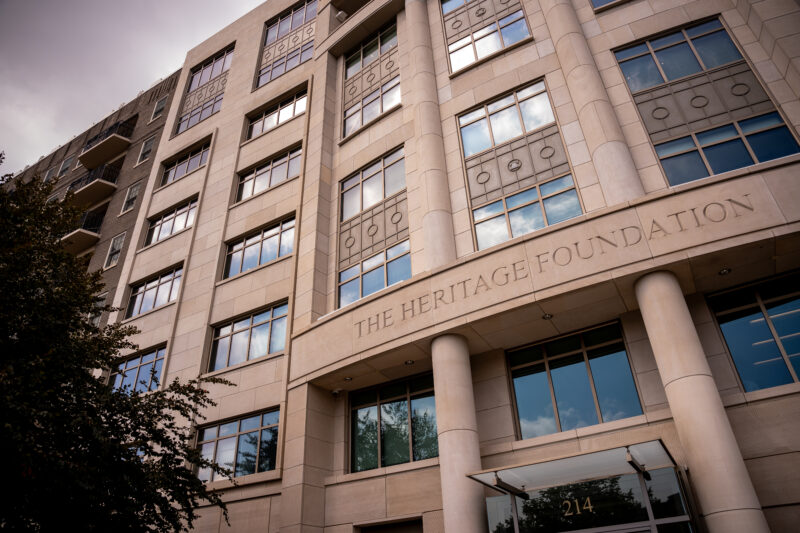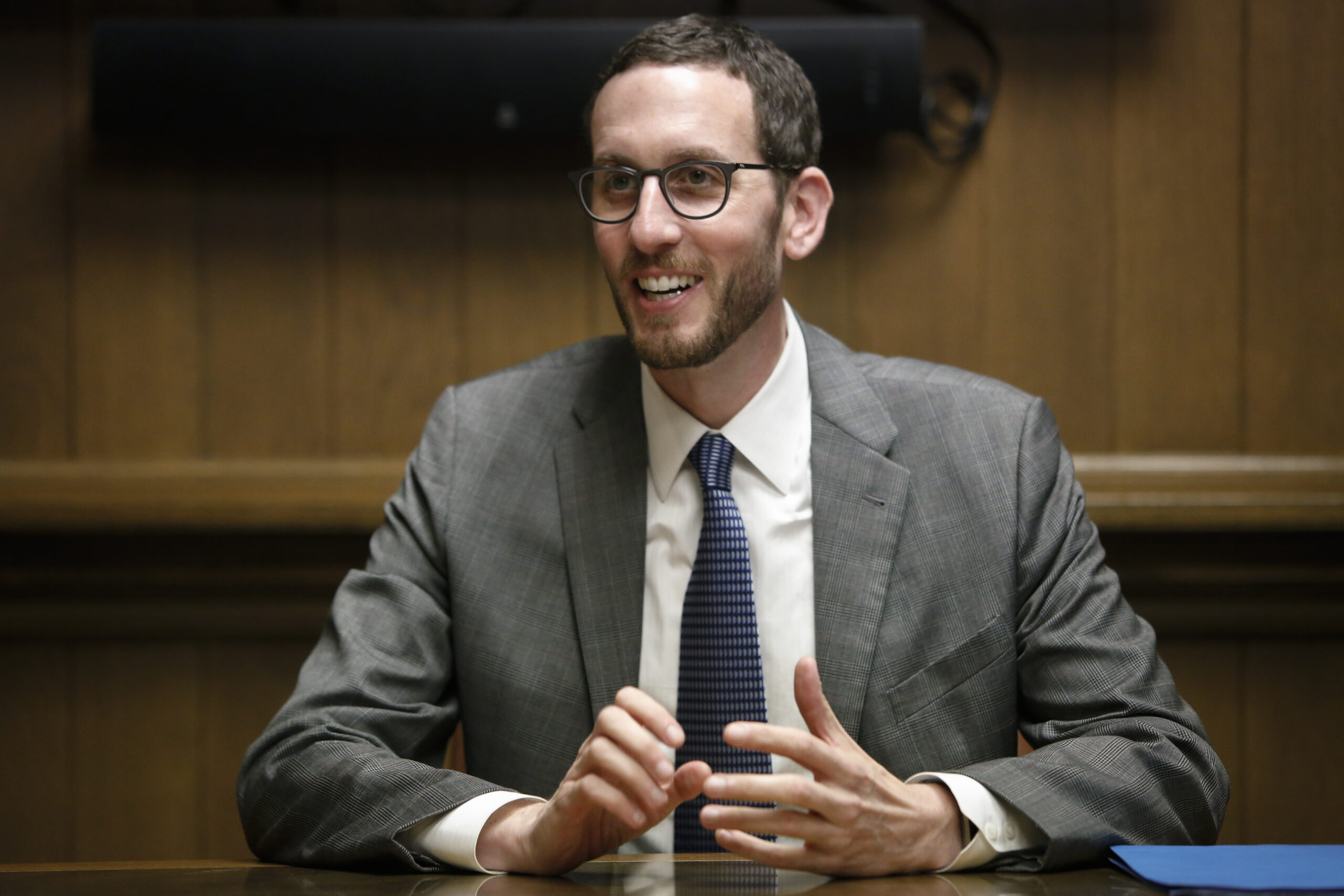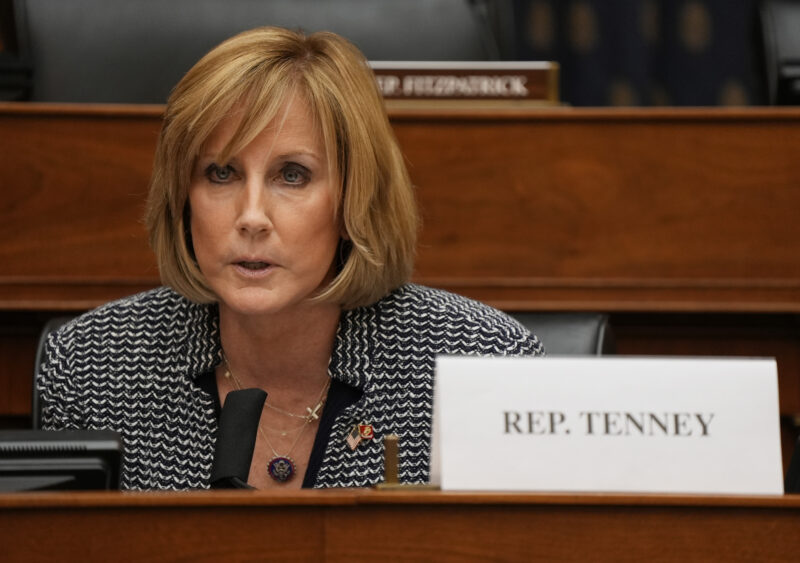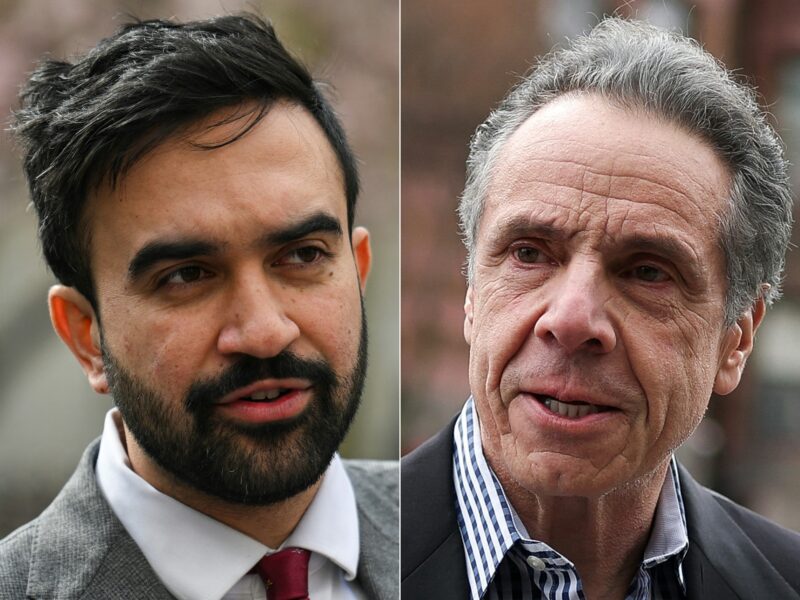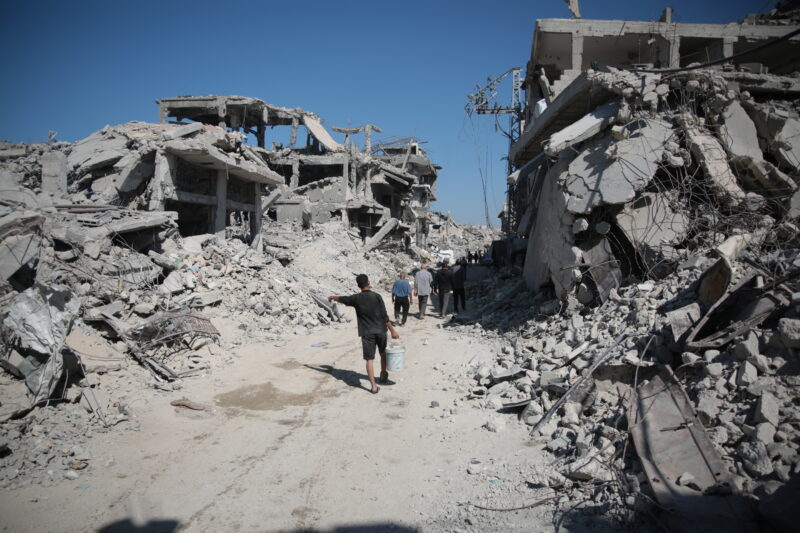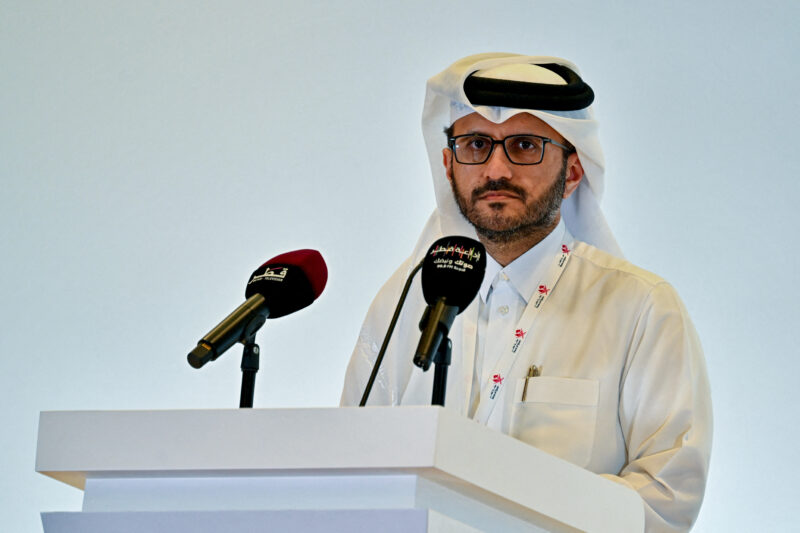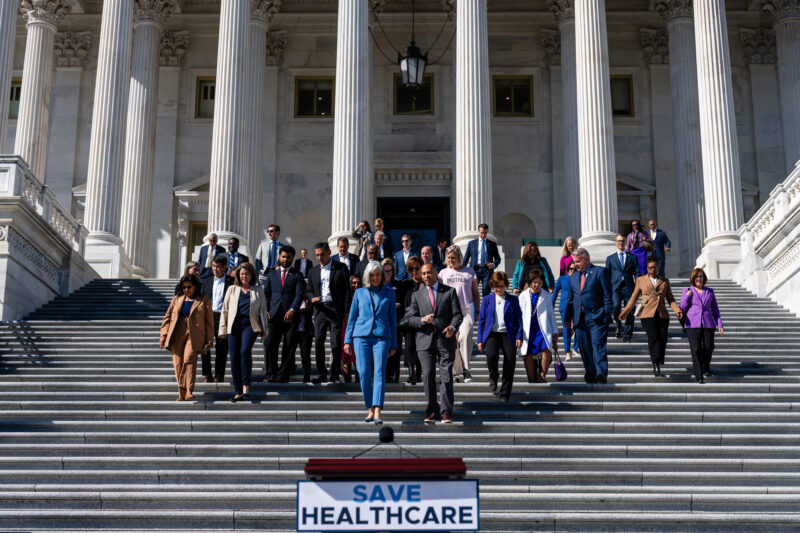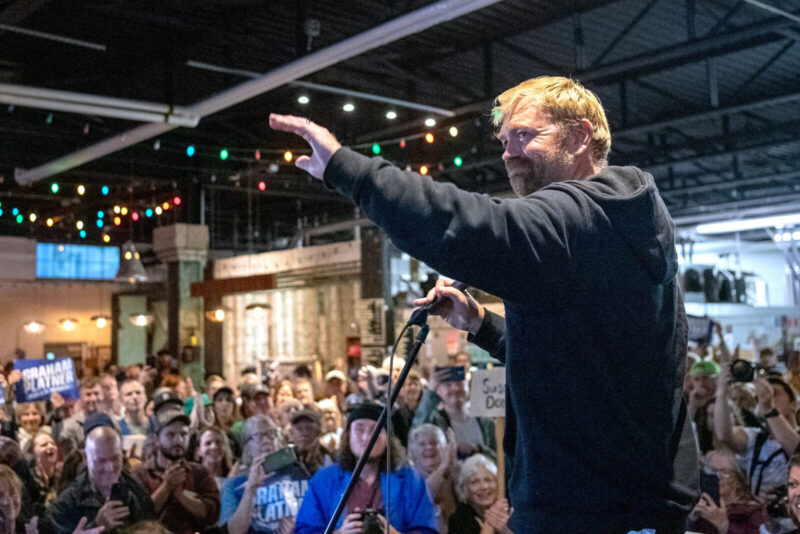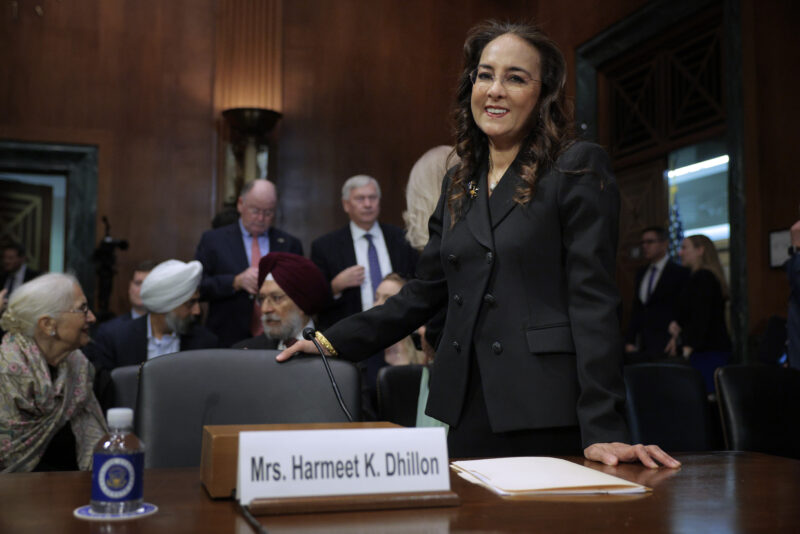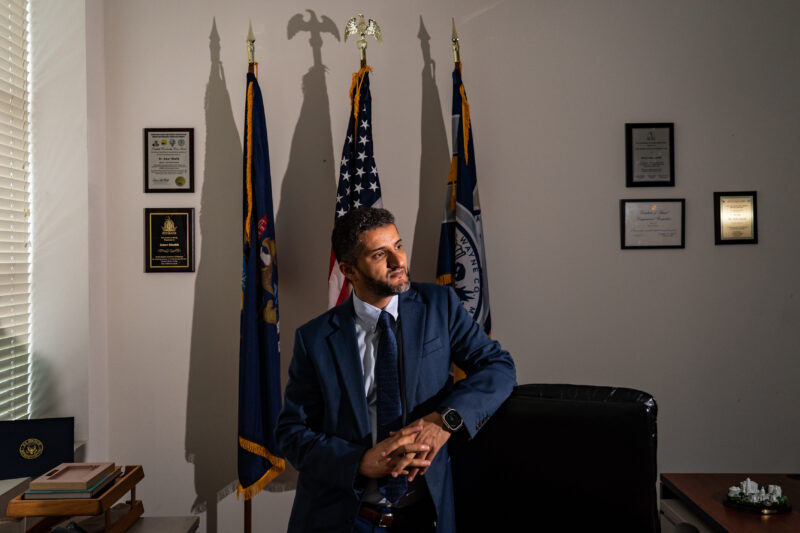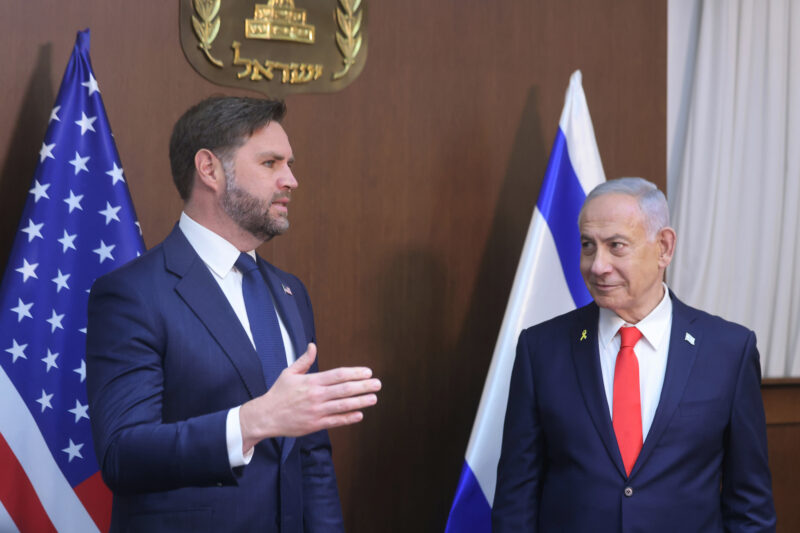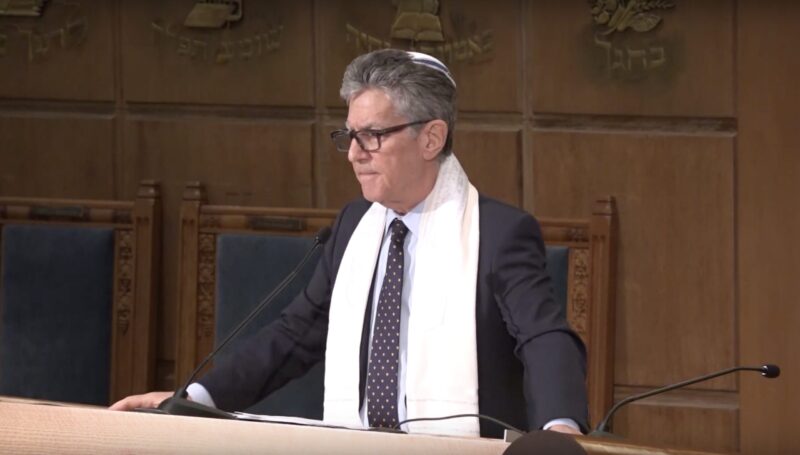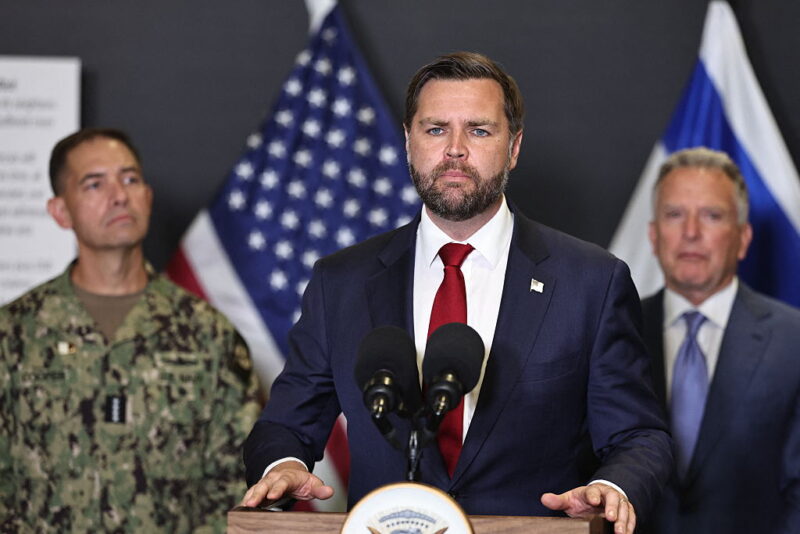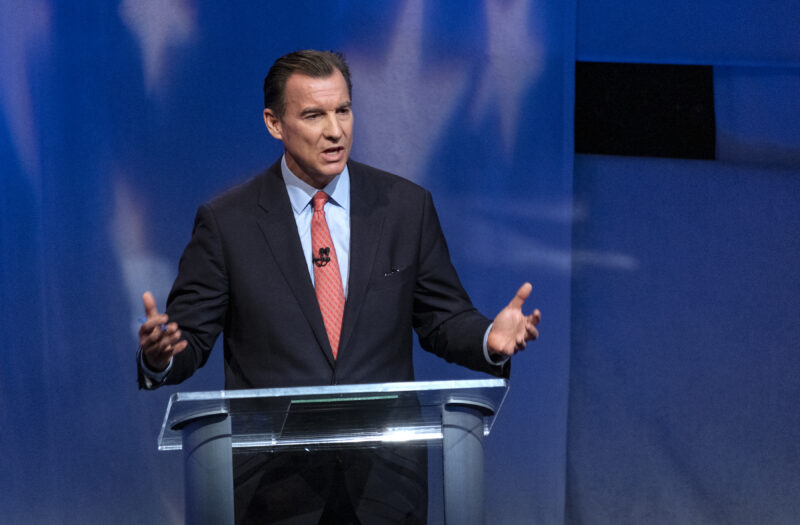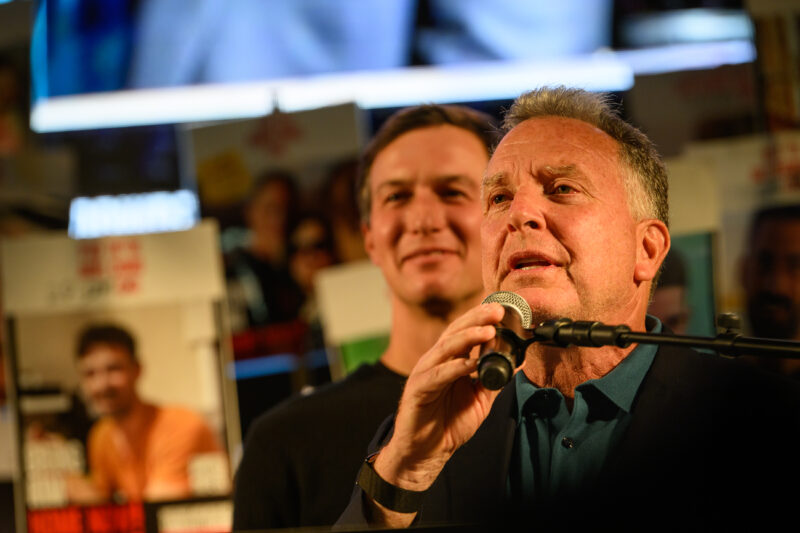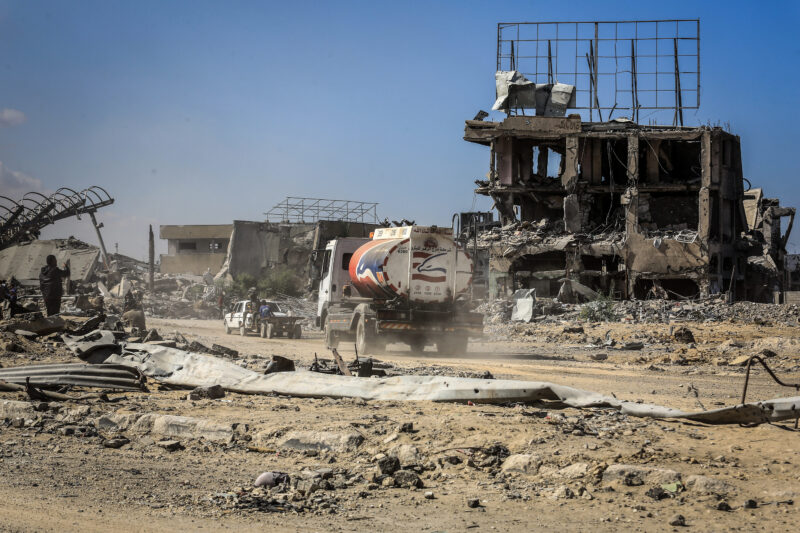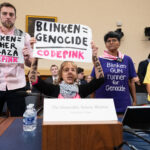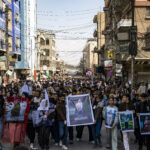Knesset passes law banning UNRWA operations in Israel
A second law prohibits Israeli government officials from having any contact with UNRWA

DIRK WAEM/BELGA MAG/AFP via Getty Images
The UNRWA logo is seen on the vest of an employee during a visit to the Jabal El Hussein refugee camp of UNRWA, , part of a diplomatic mission to Israel and the Palestinian territories, in Amman, Jordan, Wednesday 15 May 2024.
An overwhelming majority of the Knesset voted on Monday to outlaw the United Nations Relief and Works Agency aiding Palestinian refugees and their descendants, after some of its employees took an active part in the Oct. 7 attacks and holding Israelis hostage in Gaza.
The first of two bills to shut down UNRWA bans the agency from operating on Israeli sovereign territory, such as in Jerusalem, where it has an office; it passed with 92 in favor and 10 opposed, with support spanning over three quarters of the 120-seat Knesset. The second bill prohibits Israeli government officials from having any contact with UNRWA, and passed with 87 in favor and nine opposed.
The U.S. and some of Israel’s other Western allies, as well as senior U.N. officials, pressured Israeli Prime Minister Benjamin Netanyahu and other leaders of coalition and opposition parties to drop their support of the bills.
Presenting the first bill, Knesset Foreign Affairs and Defense Committee chairman Yuli Edelstein (Likud) acknowledged the pressure, saying that he had met with many of the diplomats arguing against the legislation.
“I don’t think there is any dispute about the facts, that workers for UNRWA participated in the atrocities of Oct. 7,” Edelstein said. “They say ‘we understand, but why such an extreme step? Fire [those workers], do reforms … The precondition of any reform is acknowledging you need a change. To this day [UNRWA’s leadership] doesn’t recognize that something is wrong.”
As for the arguments that Palestinians will not receive necessary humanitarian aid, Edelstein noted that there is a 90-day period before the law’s implementation, and “whoever is concerned about the population should bring organizations to help. Whoever wants to perpetuate the conflict can continue supporting UNRWA.”
Netanyahu announced on the Prime Minister’s Office X account that “in the 90 days before this legislation takes effect – and after – we stand ready to work with our international partners to ensure Israel continues to facilitate humanitarian aid to civilians in Gaza in a way that does not threaten Israel’s security.”
Likud lawmaker Boaz Bismuth, the bill’s leading sponsor said that “it’s no coincidence that an UNRWA ID was found on the body of the head of Hamas Yahya Sinwar … UNRWA equals Hamas, period. To the international community, I say: Anyone who closes his eyes to this truth is a partner in terrorism.”
Yesh Atid MK Ron Katz said “we listened carefully to our international friends. We paid careful attention to international law … We’re simply saying israel is disengaging from the arm of Hamas that calls itself UNRWA.”
The parents of Yoni Samerano, who was murdered at the Nova Festival on Oct. 7 and whose body was abducted to Gaza by an UNRWA social worker, lobbied for a ban on UNRWA over the past year and sat in the Knesset’s visitors’ seats as the votes took place.
At least 25 UNRWA employees took part in Hamas’s Oct. 7, 2023 attack on Israel, and some held Israelis hostage in Gaza. Hamas has used UNRWA schools and facilities to launch rockets at Israel and store weapons.
UNRWA continues to confer refugee status to the descendants of refugees of Israel’s 1948 War of Independence, which critics argue perpetuates the Palestinian refugee problem rather than seeking to resolve it as the U.N.’s main refugee agency UNHCR does in other conflicts. UNRWA operates in the West Bank and Gaza, where the new Israeli laws will likely shut them down, as well as in Lebanon, Jordan and Syria.
State Department Spokesperson Matthew Miller said in a briefing on Monday that “the passage of this legislation could have implications under U.S. law and U.S. policy. We urge the Government of Israel to pause the implementation of this legislation … We will consider next steps based on what happens in the days ahead.”
Miller also “urged the Government of Israel to work more cooperatively … with the United Nations humanitarian organizations that are delivering humanitarian assistance to people inside Gaza.” He argued that “if UNRWA goes away, you will see civilians – including children, including babies – not able to get access to food and water and medicine that they need to live, and we find that, frankly, unacceptable.”
Ahead of the votes, the EU’s chief foreign envoy, Josep Borrell, expressed “grave concern” about the legislation, saying that it “stands in stark contradiction to international law and the fundamental principle of humanity.”





